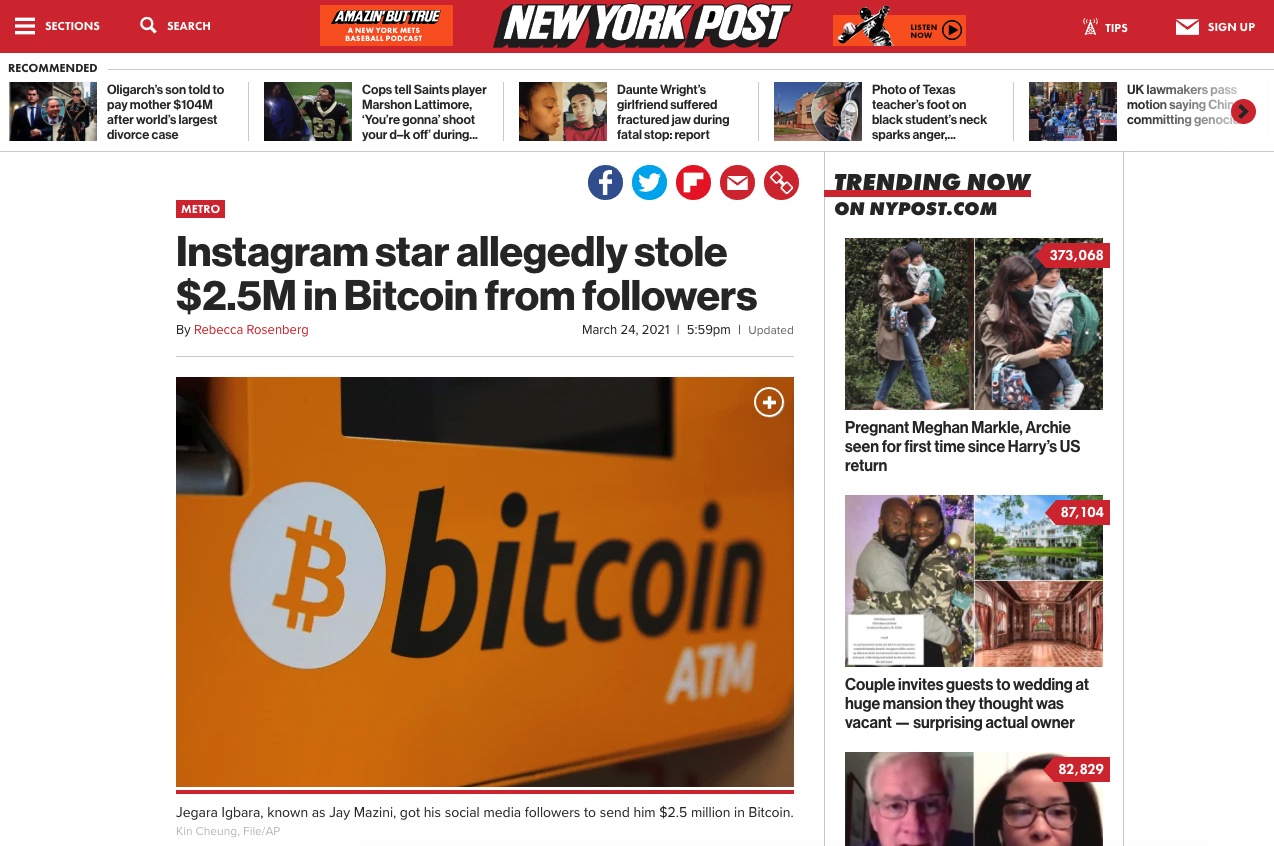






18 U.S.C. § 1519 is a law that makes it illegal to destroy or change any record to try to block a federal investigation or court case. It’s also called “destruction of evidence.” This law was passed in 2002 after the Enron scandal, when Enron employees shredded documents to hide evidence from investigators.
Destroying evidence is a big problem. It can let guilty people get away with crimes. That’s why Congress passed this law – to discourage people from hiding the truth. Let’s break down what the law says and what it means.
The law says that anyone who “knowingly alters, destroys, mutilates, conceals, covers up, falsifies, or makes a false entry in any record, document, or tangible object” to obstruct a federal investigation or court case can be fined or jailed for up to 20 years, or both.
This means you can’t shred documents, delete emails, lie in reports, or falsify records to try to stop the government from finding evidence. It applies to both physical and electronic records.
18 U.S.C. § 1519 applies to any federal investigation or court case. This includes investigations by agencies like the FBI, EPA, SEC, IRS, or DOJ. It also covers bankruptcy cases.
So if you know the government is looking into something and you destroy records to block their investigation, you’re breaking the law. Even if the investigation hasn’t started yet but you know it’s coming, it’s still illegal.
As you can see, the law covers a wide range of obstruction attempts in federal cases. Any destruction of evidence done with intent to block investigators or the court is illegal.
Violating 18 U.S.C. § 1519 can lead to:
Judges determine penalties based on how serious the crime was. Shredding a few minor documents would lead to lighter punishment than destroying major evidence like a computer hard drive.
Those accused of violating 18 U.S.C. § 1519 have a few options to defend themselves:
These defenses argue the accused didn’t actually commit the crime as defined by the law. But they don’t always work, especially if prosecutors can show clear intent.
Congress passed 18 U.S.C. § 1519 in 2002 after the huge Enron scandal. Enron was an energy company that engaged in massive accounting fraud. When investigators started sniffing around, Enron executives shredded tons of financial documents to cover their tracks.
This obstruction of justice led Congress to pass a new law specifically targeting document destruction. The law makes it easier to prosecute and punish those who hide evidence. It has been used in many cases since then.
Here are a few high-profile instances of 18 U.S.C. § 1519 being used to prosecute evidence destruction:
These major corporations and executives faced serious charges for obstructing justice. It shows how seriously the law takes such offenses.
If you’re accused of violating 18 U.S.C. § 1519, here are some tips:
Fighting destruction of evidence charges is difficult but possible. An aggressive legal strategy and common sense choices can help minimize the outcome.
18 U.S.C. § 1519 is an important law that prohibits obstructing justice through evidence destruction. It was enacted after Enron to crack down on this serious problem. Charges can lead to substantial fines and prison time. So don’t shred, delete, or falsify records if you know it may impact a federal case!



Please feel free to email us any questions regarding services that we may assist you with. You may also contact us by mail, telephone or fax.